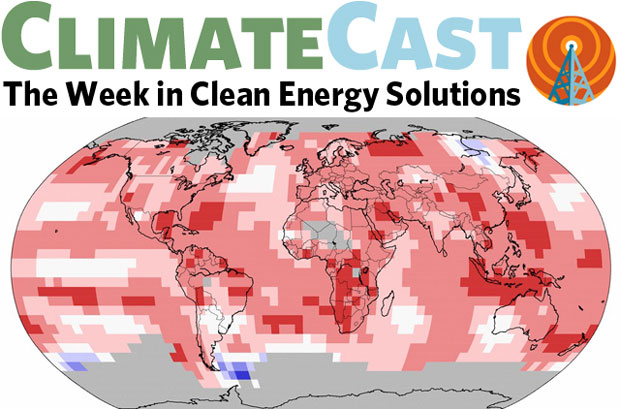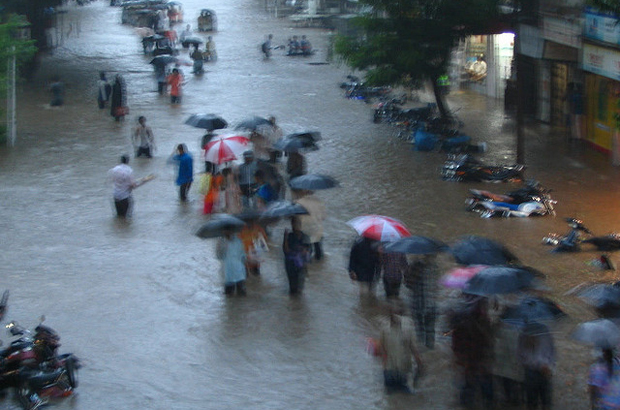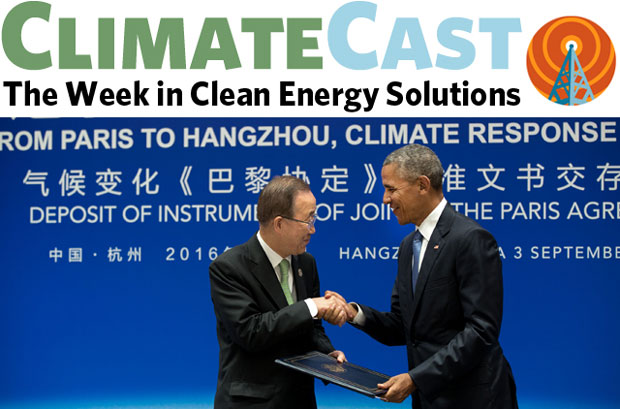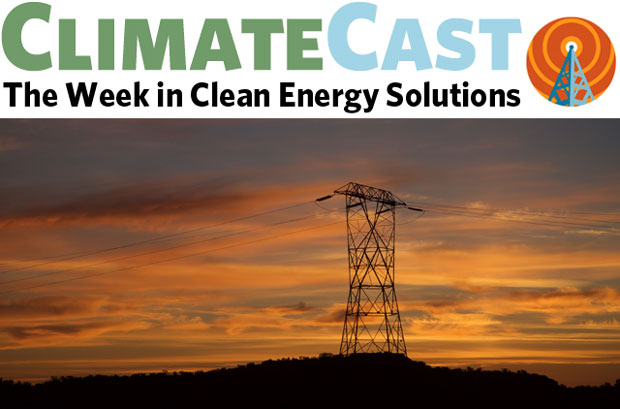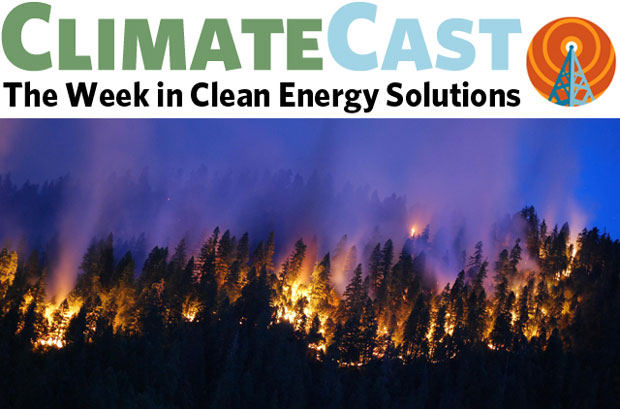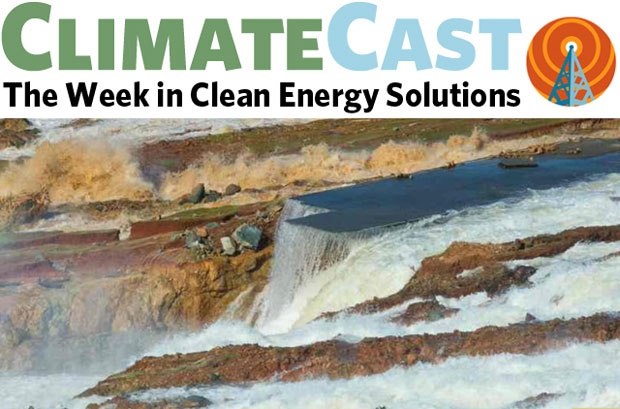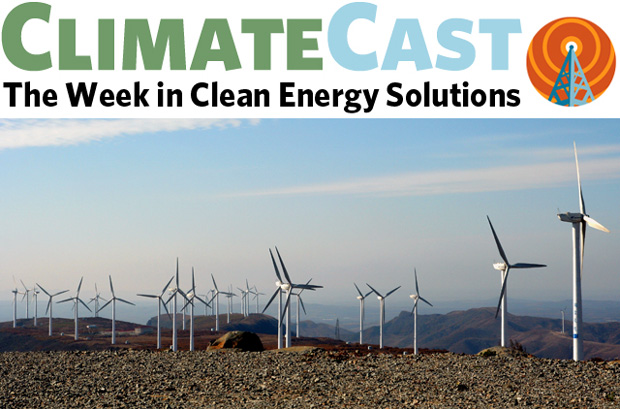Wind power rises in South; Pruitt takes over at EPA
Oroville Dam survives critical week, US solar installations nearly double in 2016, Toshiba chairman resigns over $6 billion in nuclear construction losses, and more news of the week in climate and clean energy.



